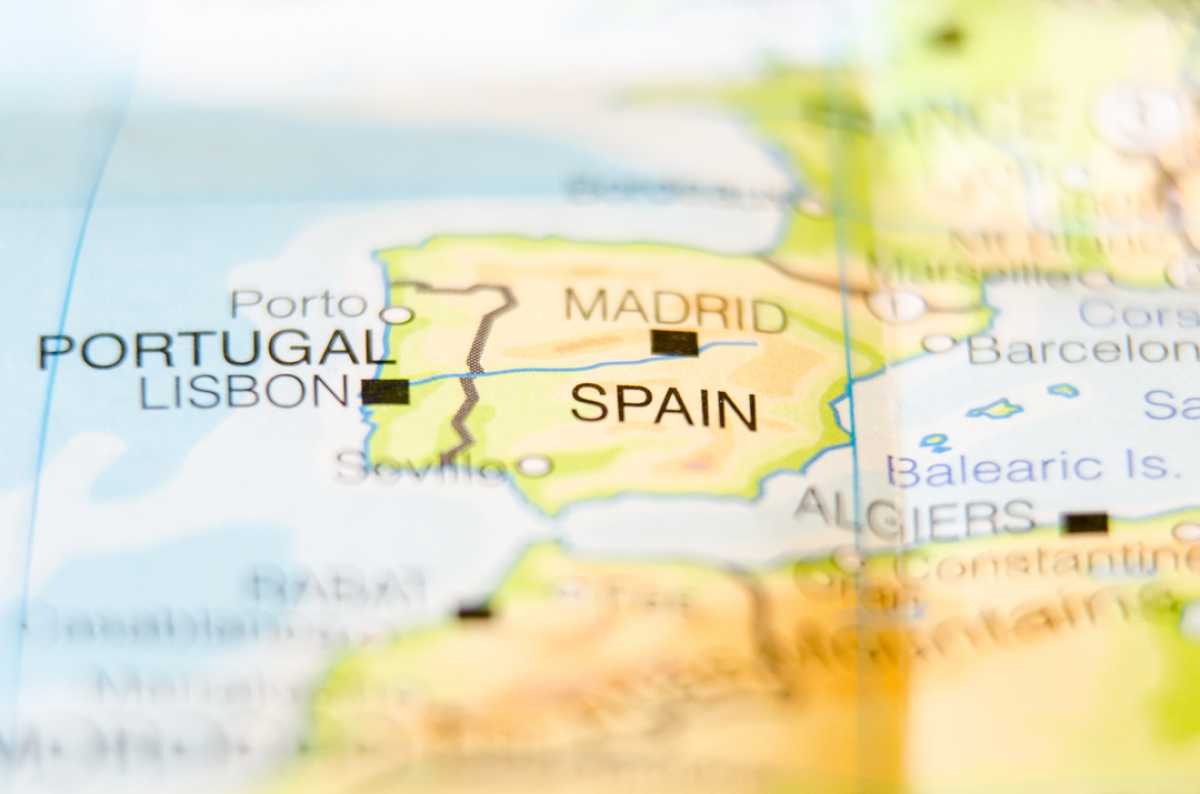Why is renewable energy vital and how the Net-Zero goals can be achieved?
The burning of fossil fuels such as petrol, coal and gas is the main cause of climate change. The UK is highly dependent on these fuels to support their energy needs with an important number of them coming from non-EU economies, such as Russia and the United Arab Emirates. The dependence from these economies has been historically one basic reason from major energy crises. Therefore the investment in renewable energy sources is more than important for environmental, social, and economic reasons.
The Climate Change Committee reported in 2021 that in 2020, UK emissions were 48% below 1990 levels, with COVID-19 restrictions and lockdowns though having an important impact on these results. Furthermore, the UK met its carbon budgets for the first two four-year cycles (2008-2012 and 2013-2017). It is also most likely to meet its target for the 2018-2022 period. Despite these positive facts, there is a long way to go. There must be a strengthening of plans for the power sector, industrial decarbonisation, the North Sea, peat and energy from waste, as well as for the energy upgrade of the buildings that is both environmentally friendly and affordable for the consumers.
The energy transition will be mainly achieved by investment in renewable energy technologies. Renewables are mainly sourced by natural energy to make electricity, this includes fuel sources like wind, wave, marine, hydro, biomass and solar.
The energy transition will be mainly achieved by investment in renewable energy technologies. Renewables are mainly sourced by natural energy to make electricity, this includes fuel sources like wind, wave, marine, hydro, biomass and solar. Investments from both private and public sectors are needed to transform the energy needs to 100% renewable, especially in the UK, an economy with very high energy demands. According to forecasts made by Statista, in 2035 the electricity produced will increase more than 122% compared to 2017. Though these results are very encouraging, all the actors of the economy should realise that we are running out of time and the needs are extremely high.










